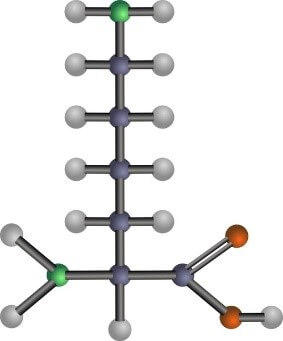Total Lysine Is Not Related to Digestible Lysine in Commodity, Hexane Soybean Meal

I often write on the Insta-Pro blog about the importance of quality measures for all ingredients – it’s very difficult to conduct a least-cost diet formulation that’s worth much of anything if confidence in the nutrient values of even one ingredient is low.
For amino acids, digestibility from controlled animal studies is the common measurement of choice for protein quality.
For these reasons, I was surprised to see that the relationship between total lysine content of commodity, hexane-extracted soybean meal (the most common soy meal in the animal nutrition industry, but certainly not the only choice) and the digestibility of lysine in broilers was virtually non-existent. The R2, an indication of the relationship between two measurements, was only 0.12, which means that they were not related at all. And, this was from a massive dataset containing 20,192 hexane-extracted soybean meal samples used in the industry.
What this means practically is that having knowledge of the total amount of lysine, which can be reasonably predicted from the total amount of protein, in a sample of hexane-extracted soybean meal does not tell you how digestible, or usable for productive purposes, it is. Animal diets are formulated using the digestible amounts of lysine and other amino acids. So, when the total amount of lysine in hexane soybean meal varies from 2.59 to 3.62%, and the digestibility of lysine varies from 77.03 to 94.68%, these massive differences make diet formulation extremely challenging.
The response to these challenges has been to develop NIR predictions that allow a rapid quality assessment of each batch of hexane soybean meal. So, at least in theory, each batch of chicken feed could be adjusted based on this information.
There is, of course, another way – choose a soy processing method that is easily controlled and produces highly-digestible soy meals. High-shear dry extrusion and mechanical oil pressing are easy to understand and control and produce a superior alternative to hexane-extracted, commodity soybean meal – namely, ExPress® soy meal. It’s also possible, depending on the needs of the market, to manufacture high-shear dry extruded full-fat soy meal – another highly-digestible alternative to hexane soybean meal.
So, be glad that alternatives exist in the world of ingredients for animal diet formulation. What studies and datasets from large numbers of samples of commonly-used ingredients continue to show us is how much variation there really is. Get as much control as you can with a quality-minded process for soy. Speak with us for further information.



